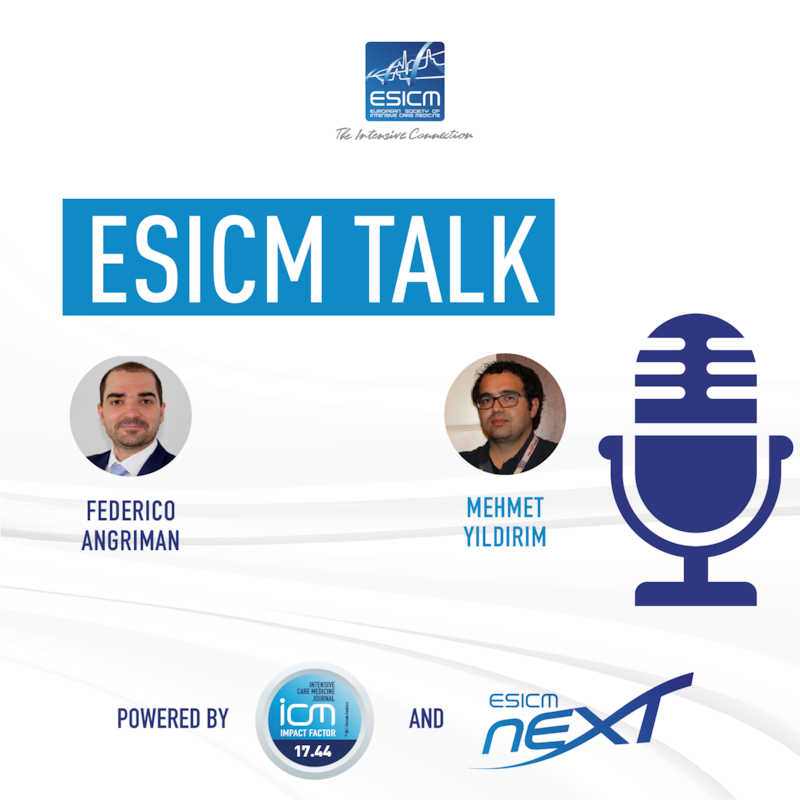Shownotes
Sepsis refers to a dysregulated response to infection-causing end-organ dysfunction. It is associated with short-term risks such as shock and in-hospital death.
Meanwhile, long-term consequences among sepsis survivors can include clinical deconditioning, recurrent sepsis, mental health issues, and increased risk of long-term mortality.
Moreover, recent investigations have demonstrated a possible association of sepsis with subsequent cardiovascular adverse events, including myocardial infarction, stroke, and congestive heart failure.
A large, population-based matched cohort study of adult patients without pre-existing cardiovascular disease has been performed to estimate the association between surviving a first sepsis hospitalisation and subsequent major cardiovascular events during long-term follow-up. Dr Angriman explains the findings of this recent study.
Original paper: Sepsis hospitalization and risk of subsequent cardiovascular events in adults: a population-based matched cohort study
Speakers:
Federico ANGRIMAN. Sunnybrook Health Sciences Centre, Toronto, ON (CA); Institute of Health Policy, Management and Evaluation, Dalla Lana School of Public Health, University of Toronto, Toronto, ON (CA).
Mehmet YILDIRIM. Health Science University, Diskapi Training and Research Hospital, Ankara (TR). ESICM NEXT member.

